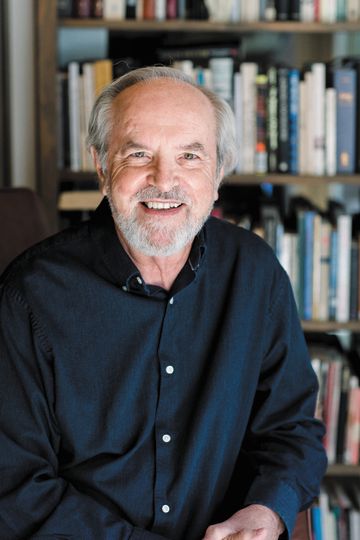
The Monk Who Returned Soul to the World
In 1992, a quiet book by a former Catholic monk exploded onto the bestseller lists, staying there for 46 weeks. That book was Care of the Soul, and the author was Thomas Moore (b. 1940). In a culture obsessed with “fixing” the self, Moore offered a radical alternative: we do not need to be fixed; we need to be tended.
Moore’s work is a bridge between the ancient wisdom of Renaissance philosophy, the depth psychology of Carl Jung and James Hillman, and the spiritual hunger of the modern world. He argues that the “symptoms” we try to eradicate—depression, anxiety, obsession—are often the soul crying out for attention.
Biography & Timeline: Thomas Moore
Born in Detroit to an Irish-Catholic family, Moore entered a Servite monastery at age 13. He spent 12 years living the monastic life before leaving just prior to ordination. This deep immersion in ritual, chant, and silence formed the bedrock of his psychology.
He later earned a Ph.D. in Religion from Syracuse University and became a psychotherapist. His friendship with James Hillman deeply influenced his thinking, moving him toward an “Archetypal” view of the psyche—one that sees gods and myths active in everyday life.
Key Milestones in the Life of Thomas Moore
| Year | Event / Publication |
| 1940 | Born in Detroit, Michigan. |
| 1953-1965 | Enters the Servite Order; lives as a monk for 12 years. |
| 1975 | Receives Ph.D. in Religion from Syracuse University. |
| 1992 | Publishes Care of the Soul, sparking a global conversation on spirituality and depth psychology. |
| 1996 | Publishes The Re-Enchantment of Everyday Life. |
| 2004 | Publishes Dark Nights of the Soul, reframing depression as a spiritual initiation. |
Major Concepts: Tending the Soul
Care vs. Cure
Modern psychology is obsessed with “cure”—removing symptoms to return to normal functioning. Moore advocates for “care” (cura animarum).
The Distinction: To cure depression is to make it go away. To care for depression is to listen to it. What is the depression asking for? Usually, it is asking for depth, rest, or a change in life direction. Moore teaches that the soul often speaks through pathology.
Re-Enchantment
We live in a disenchanted world of dead matter and mechanical bodies. Moore calls for re-enchantment—seeing the sacred in the ordinary.
Practice: This isn’t about seeing angels; it’s about valuing the aesthetics of daily life. The way we arrange our home, the food we eat, and the conversations we have are all “food” for the soul.
Polytheism of the Soul
Following Hillman, Moore argues that the soul is not a unity; it is a community of competing figures (gods/archetypes).
Clinical Implication: We shouldn’t try to be “one thing” (e.g., always happy or productive). We need to give time to Mars (anger), Venus (love), and Saturn (melancholy). Mental health is the ability to host all these guests without being possessed by any single one.
The Conceptualization of Trauma: The Dark Night
Moore’s book Dark Nights of the Soul offers a profound reframing of trauma and crisis. He argues that a “dark night” is not just a bad time; it is a spiritual trial.
Trauma as Initiation
When the ego’s structure is shattered by trauma (divorce, illness, loss), we enter the dark night. This is a terrifying, liminal space.
The Purpose: The dark night strips away the false self (Persona). It forces us to rely on something deeper than the ego. Moore suggests that instead of rushing to “get over” trauma, we should “stay with” the darkness until it has done its work. This aligns with the alchemical stage of Nigredo (blackening).
Soul Loss and Retrieval
Trauma causes “soul loss”—vital energy leaves the body. Recovery is not about intellectual understanding, but about inviting the soul back. This is done through beauty, ritual, and safe relationship (therapy). The therapist acts not as a mechanic, but as a “soul friend” (anam cara).
Legacy: Psychology as Art
Thomas Moore returned the “psyche” (soul) to psychology. He reminded a secular world that we are spiritual beings who need mystery and beauty as much as we need food.
For the modern therapist, Moore offers a relief from the pressure to “fix” everything. He teaches that our job is to help clients deepen their life story, finding meaning even in their suffering.
Further Reading & Resources
- HarperCollins: Care of the Soul.
- Thomas Moore Official: Blog and Events.
- Gotham Books: Dark Nights of the Soul.

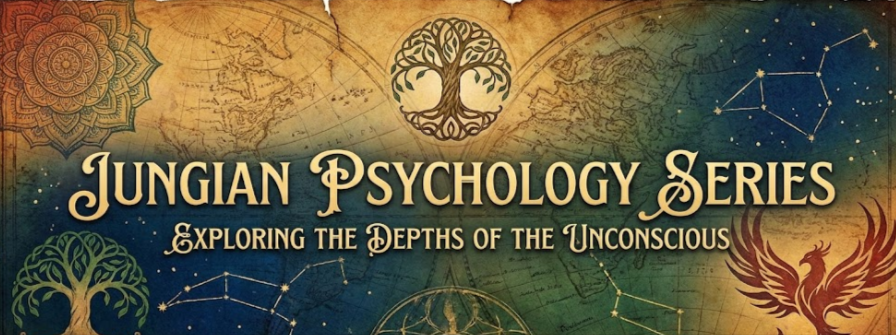
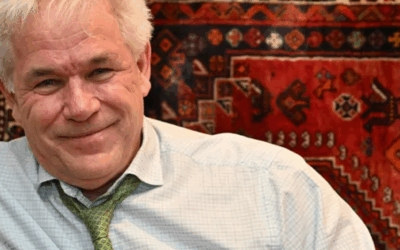
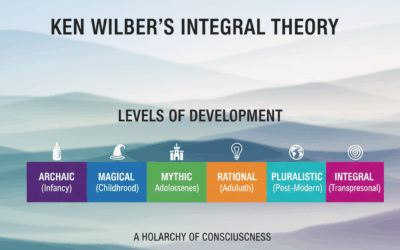



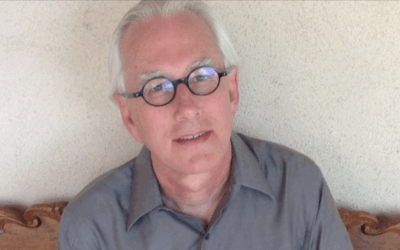






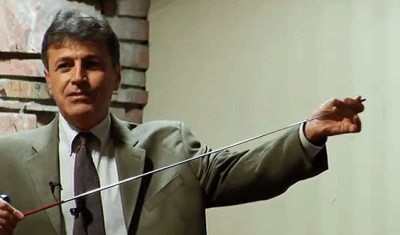





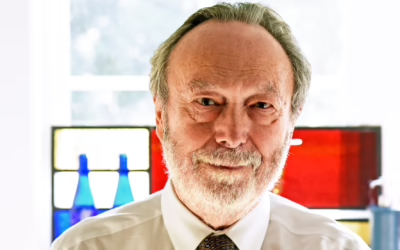
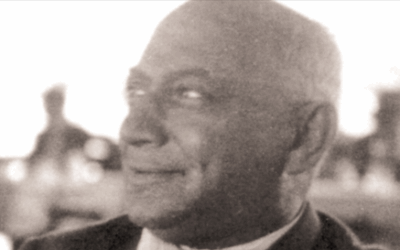

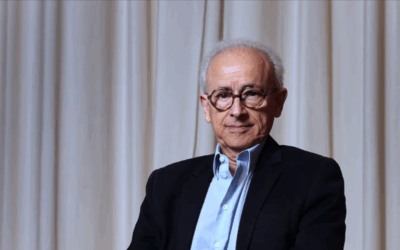
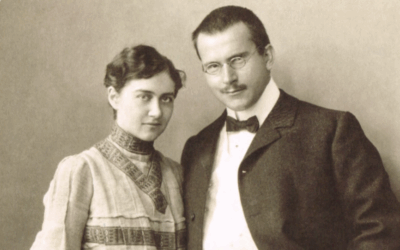
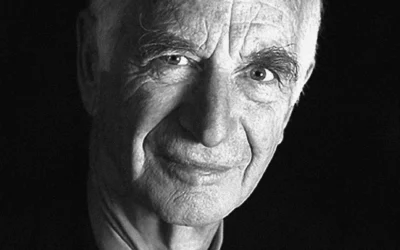
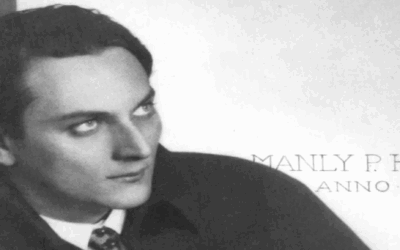
0 Comments